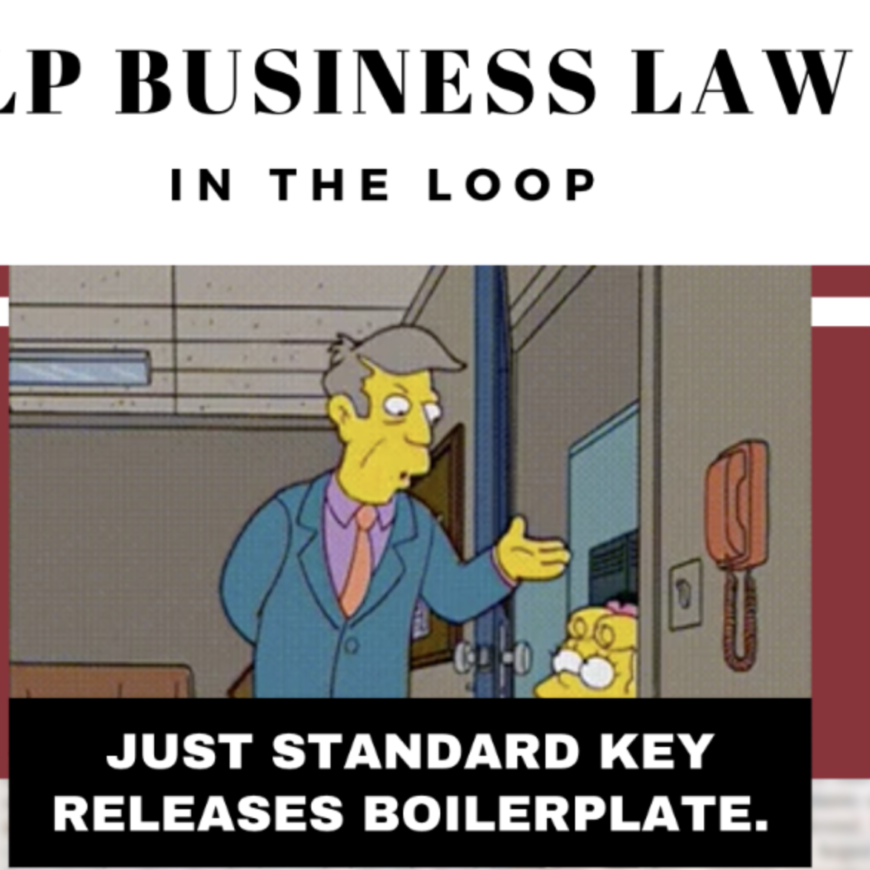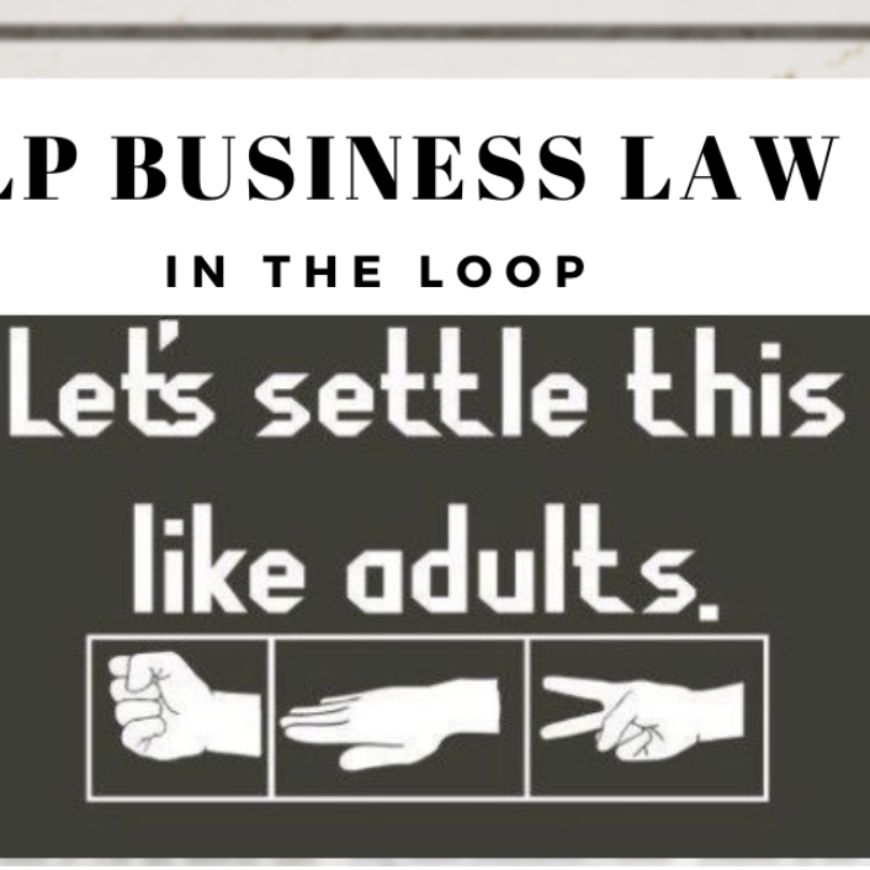Ben Kinney, JD
The legal departments of some of the country’s largest corporations have been working overtime to limit consumers’ ability to sue for virtually any wrongdoing on behalf of corporations. These contract clauses are generally referred to as “exculpatory clauses” and have been finely tuned over the past two decades to make it nearly impossible for consumers to vindicate their rights. No exculpation clause has been more effective at insulating large corporations from liability than the one-two punch of a mandatory arbitration clause coupled with a class action waiver.
In 2011, the United States Supreme Court upheld the validity of mandatory arbitration clauses containing class waivers for consumer contracts in the case AT&T Mobility, LLC v. Concepcion. [1] Because consumer complaints must now be dealt with on an individual basis (no class actions) most corporations skirt liability for just about any harm they cause to consumers so long as the harm is relatively minor on an individual basis. For example, say that a cable company breaches its contract with each of its customers and unilaterally adds a $30 charge to every cable bill despite not being agreed to by the customer. On an individual basis each customer is out $30, but the cable company makes $30 multiplied by the number of customers – likely tens of millions of dollars. Traditionally, one aggrieved customer would initiate a class action so that all customers could recover. However, without the right to form a class, it is likely that not a single customer will sue over $30.
Regardless of consumers’ “effective vindication” the Supreme Court reiterated in American Express v. Italian Colors that the law only provides an aggrieved party with a remedy, not that pursuing that remedy will be worthwhile.[2]
The lawyers at Stilp Business Law, P.C. can assist you during the formation of your contracts to ensure that your liability is limited and that you have not only a remedy, but an effective remedy should something go wrong.



